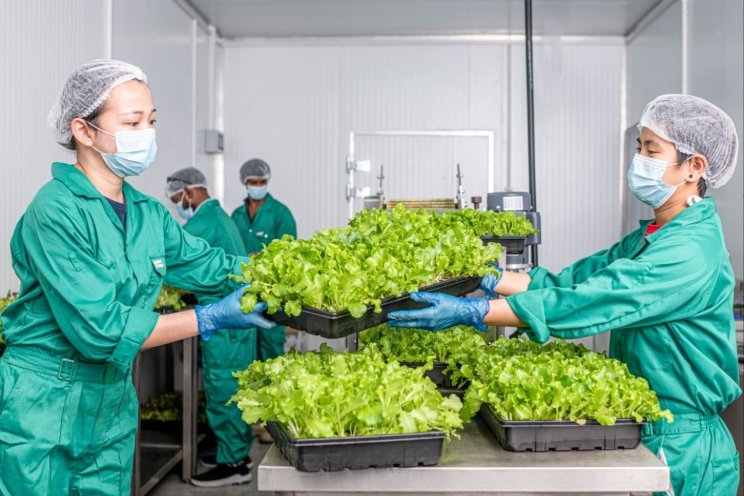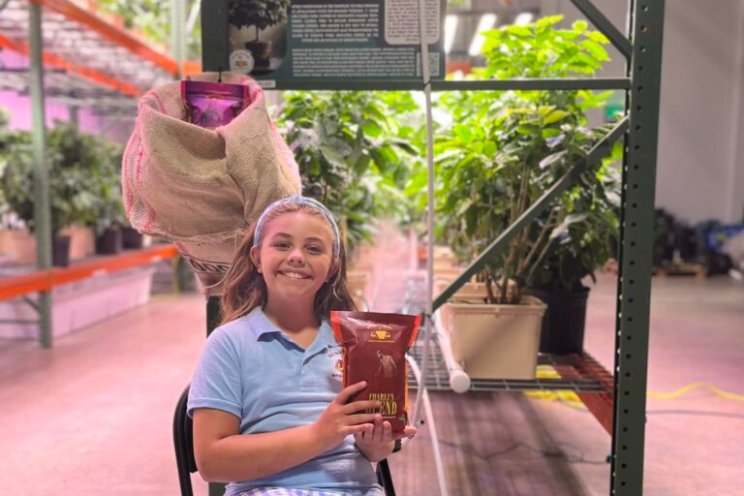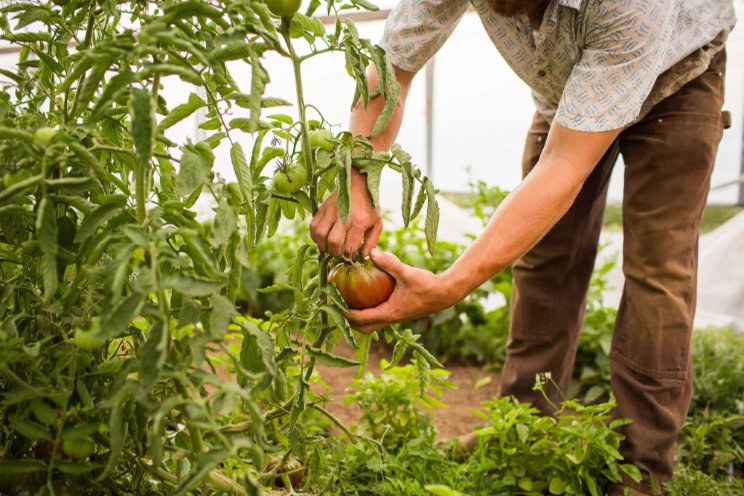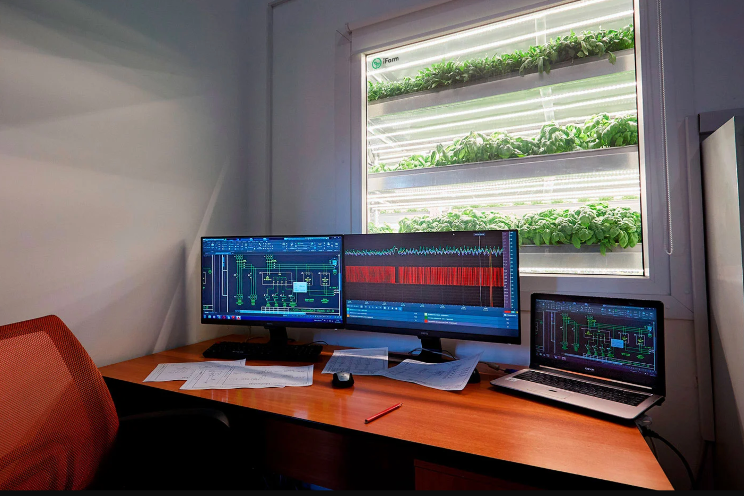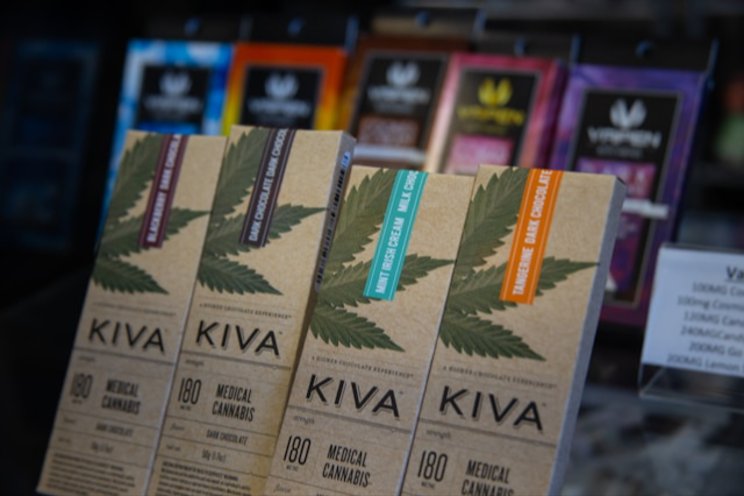Little prince is making a big impact in horticulture
Added on 15 August 2021
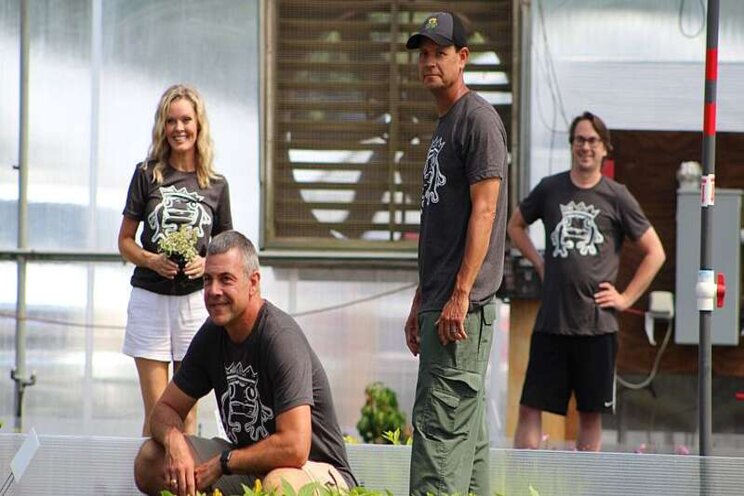
Here's how they do it.
Responding to Demand Quickly
When Hicks joined Little Prince about 15 years ago, the company was almost exclusively producing groundcovers, with roughly 100 varieties in production. Today, it grows nearly 1,500 different varieties.
"We produce anything from super-hardy perennials all the way up to tender tropicals, and pretty much everything in between," Hicks says.
Houseplants in particular is one category that has really taken off for Little Prince, which started growing them around a year and a half ago (just before the COVID-19 pandemic hit, which really boosted the houseplant market). Adding houseplants to a crop mix that also includes grasses, ferns, and drought-tolerant plants has given Little Prince quite a diverse offering.
"We sit down once a year to look at sales history trends for the past five years, so we can see which categories are trending up and which are declining," Hicks says. "That helps us fine-tune production, and it also helps us keep up with what might be the next new thing. In this business, it's always about what's new and what's different."
This is where teamwork is critical.
"We all have a strong horticulture background, and we're always out there looking for the next big thing," Leichty says. "I like to get out to visit other nurseries, and when I see plants that we don't have in production but perhaps should, I might buy a bunch of them and bring them back to Mike. He's really good about trying to incorporate them into our production plan."
Dudney also emphasizes that Little Prince has constant direct contact with end users, the people who are buying plants online.
"We get a lot of requests through direct communication on social media on what people want, and we have a great sales team that is also talking to nurseries daily," Dudney says.
Being able to pivot quickly to respond to shifts in demand can be challenging, but once again, the Little Prince team has shown it's up to the task.
"When we added houseplants, Mark totally revamped our gutter-connect system to accommodate them," Dudney says.
At the same time, Hicks worked with his team to get the plants into production quickly.
"I have a grower who is super interested in new varieties. He'll take one container and just keep propagating it and multiplying it to get it into production as fast as he can," Hicks says.
Aside from growing high-quality plants, Little Prince also excels at shipping and delivering its products to garden centers across the US.
"Our shipping is managed by Ryan Seely, who somehow coordinates everything with precision and attention to detail," Leichty says. Seely also coordinates local deliveries in the Pacific Northwest with Little Prince's fleet of six trucks.
Clean Plants Are Quality Plants
For as quickly as it's able to shift production to meet market demands, the Little Prince team also recognizes that plant quality is just as critical as quantity.
"The foundation of quality is a good integrated pest management program, cleanliness, and weed management," Hicks says. "If you can keep your facilities clean and your weeds down, that just helps build success going forward."
Little Prince also set up a beneficials program about eight years ago, starting in its propagation facilities and plug ranges.
"We release a lot of beneficials in these areas, so when we pot them out among our Quonset houses, we're able to establish populations of beneficials all around the nursery," Hicks says. "It has dramatically reduced our spray use to the point that we may only have to make a couple very light applications each year."
Hicks credits Alison Kutz at Sound Horticulture with helping him build a strong biologicals program.
"The person I buy from there has an amazing knowledge of how new products work," Hicks says. "She's super helpful, and she'll take the time to put together a program that makes sense for us."
And once again, the team focus at Little Prince helps drive quality.
"It's hard to find a weed in our nursery because we tell our entire staff, from growers to office workers, to pull a weed if they see it," Dudney says.
Smart Investments
In a year that has been challenging, even with record sales, Little Prince has persevered in many ways. One is the Little Prince to Go e-commerce program that launched in 2019. While consumers can buy direct from Little Prince online, the goal is actually to help them find Little Prince plants at local independent garden centers.
"We don't want to undercut our garden centers online, so we have intentionally higher pricing on the Little Prince To Go site than what you would pay at a local garden center," Dudney says. "If they can't find it, we'd still love their business."
Little Prince to Go has become so popular that Little Prince's wholesale customers are also using it.
"We were not expecting to gain a lot of wholesale customers from the website, but we really have," Dudney says.
In the greenhouse, Leichty and Hicks have focused on investing in new technology in all phases of production.
"This past fall, we converted a five-bay, 530-foot x 200-foot gutter-connect range to bottom heat using a boiler that was designed by Biotherm," Leichty says. "It's worked out so well that we're in the process of putting another system in right now."
In another recent project, Little Prince worked with Matt Krum at Advancing Alternatives on the installation of automatic roll-up side walls on every greenhouse in the nursery.
"That boiler system has been a game changer for us in terms of producing houseplants of high quality, and the roll-up side walls help with cooling," Leichty says. "I think we've created great infrastructure here that helps Mike produce high-quality plants."
Finally, Little Prince installed grow lights from Philips this past winter to help with production of plug material.
"It's made a huge difference in not only the turn and the speed in which we're able to move crops through the facility, but also on the branching of the plants," Hicks says. "It goes back to starting with a quality plant, which sets you off on the right foot going forward."
Poised for Long-Term Success
The commitment of the company's entire team is one of Little Prince's strengths as it builds for the future. Yes, the work is hard (for example, plants are almost entirely hand-watered), but employee retention is high.
"We want to do everything we can to make our employees feel included, so they don't want to go anywhere else," Hicks says. "When you lose that talent, you also lose years of training, then you have to restart from the beginning."
As the nation returns to some sense of normalcy in the wake of the COVID-19 pandemic, one challenge for the green industry will be to maintain consumer interest in plants. Fortunately, this is an area where the Little Prince team feels it is well positioned.
"We are doing everything we can to keep people engaged and excited about new plants," Dudney says. This involves everything from a weekly newsletter to frequent social media posts that use up-close plant images to build a connection between the grower and the consumer.
Again, it all ties back to the quality of the plant.
"Success builds on success, and when you put something in the ground and it grows, it makes you want to buy more plants," Hicks says. "If you start with the goal of making the customer successful, that will keep their excitement going."
The Story Behind the Frog
Every pot with a plant from Little Prince of Oregon features a logo of a frog wearing a crown. It's sort of an urban legend at this point, but the story goes that when Ketch ee Kanter and Brett Francis started the company, they asked a friend who was a graphic designer to sketch out some ideas for a logo. The first thing that she came up with was a crowned frog. According to Ketch, it was nothing like what he thought it should be, but Brett really liked it and so Ketch reluctantly agreed.
"They went with it, and thank God they did, because it's become a very recognizable trademark," Leichty says. "People see the frog first and that draws them into what the plant is." In fact, the company's tagline is now "Our Plants Won't Croak!"
Garden 911
When the COVID-19 pandemic first started, Little Prince of Oregon wasn't sure if its independent garden center client base would be able to stay open. So it started a program called Garden Center 911 in which garden centers could give their customers a unique log-in to a specific portal at the Little Prince of Oregon's e-commerce site. If the garden center was closed, the customer could buy directly through the site, and a percentage of the sale went back to the garden center.
"When COVID-19 started, no one knew what was going to happen, and we were hoping to help those garden centers stay in business and maintain some revenue," Dudney says.
What happened was the opposite. For the most part, stores were able to stay open, and business ended up booming.
"We didn't know when it all started, but we are still very proud of that program, even though it wasn't really needed," Dudney says.
Source: Greenhouse Grower
Header Photo: Keeping up with consumer trends helps Little Prince know which plants should become part of its crop mix. All photos: Little Prince of Oregon
Source: Greenhouse Grower
More news

